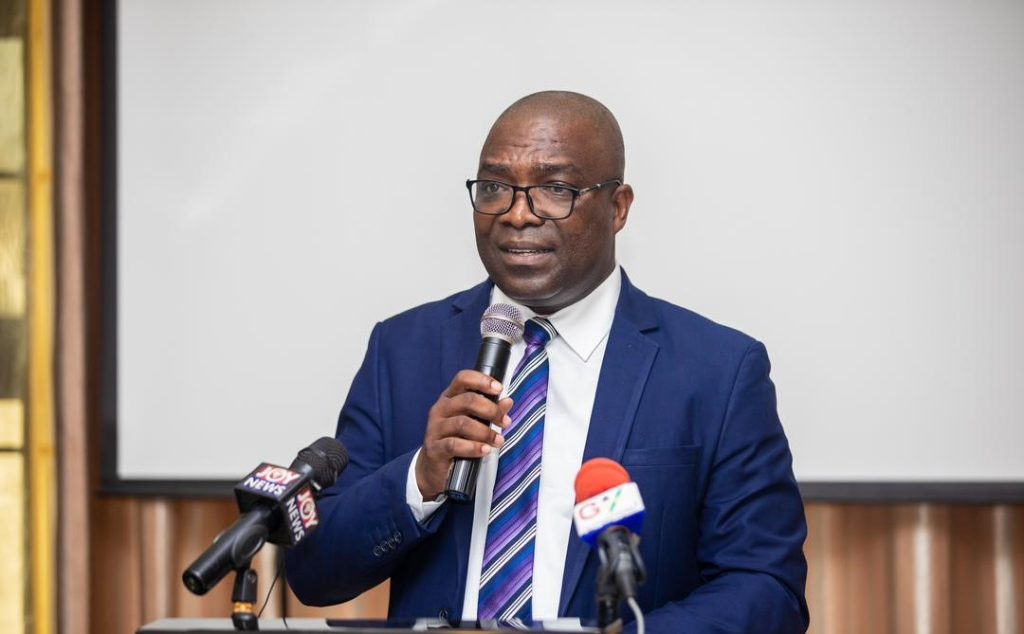By Isaac Arkoh
Cape Coast, Aug. 10, GNA – Dr Eric Kofi Ngedu, Chief Executive Officer of the Cape Coast Teaching Hospital (CCTH) has described as regretful the facility’s inability to make the needed progress in ending maternal and neonatal related deaths despite investments.
He blamed the situation on a myriad of factors, including the fact that the Hospital’s Special Care Baby Unit (SCBU) was yet to reach the level of standard of Neonatal Intensive Care Unit (NICU), but continued to receive increasing number of cases.
As a result, pre-maturity continued to be the leading cause of neonatal deaths in the hospital with a vast catchment area for certain critical conditions.
Dr Ngedu who felt short of providing figures, gave the hint at a lecture as part of activities marking the 25th anniversary celebration of the CCTH.
The celebration, being held on the theme: “25 years of quality healthcare: Repositioning for excellence,” climaxes on Wednesday, September 20.
Main activities include donations to special homes, lecture series, open day, fun games, health walk, blood donation campaign, and drama night.
Dr Ngyedu assured that the Hospital was concerned about the situation and as a result, long-term measures had been put in place to mitigate the situation.
The measures include renovation and revamping of the Hospital’s blood bank to improve the availability of blood and blood related products to serve maternal and child health needs.

It had also started the process to upgrade the current NICU by creating additional space and equipment as an intervention to help improve the provision of needed critical neonatal care services.
Dr Ngedu also indicated that CCTH was working with all sub-facilities with some medical support services to reduce complications associated with maternal and neonatal referrals and deaths.
Outlining some challenges facing the hospital, the CEO mentioned the absence of a NICU, encroachment of the hospital’s land, inadequate accommodation for staff, inadequate and aging equipment, overcrowding, and congestion at OPD.
He said the hospital, in recognition of its challenges, was in the process of developing a medium new – term strategic plan, which would be aggressively pursued to ensure that the hospital continued to deliver quality health care services to its clients.
Major areas for consideration, he said, included the establishment of a new Accident and Emergency Center, a new Renal Transport Center, an Oncology Centre with a paediatric wing, restocking of critical equipment and acquisition of new ones and many more.
Dr. Martin Morna, a Consultant Surgeon at CCTH, and Senior Lecturer at the University of Cape Coast Medical School, took participants through the historical antecedent, transition to teaching hospital, the current situation, and the future.
He described the transitioning of the regional hospital to a teaching hospital as timely and exciting as it allowed varied sectorial experimentation some of which have been adopted by the Ghana Health Service.
“It is evident that even in the early days, the capacity of the great Hospital was tested quite early. Setting the stage for take-off of CCTH as the premier teaching hospital.
Mrs Tina Gifty Naa Ayele Mensah, Deputy Minister of Health, who chaired the event, praised stakeholders for the three decades of outstanding work in bringing quality healthcare closer to all.
She expressed the government’s commitment to collaborate with stakeholders through innovative ideas to bring modern technologies and equipment to improve health service delivery.
GNA